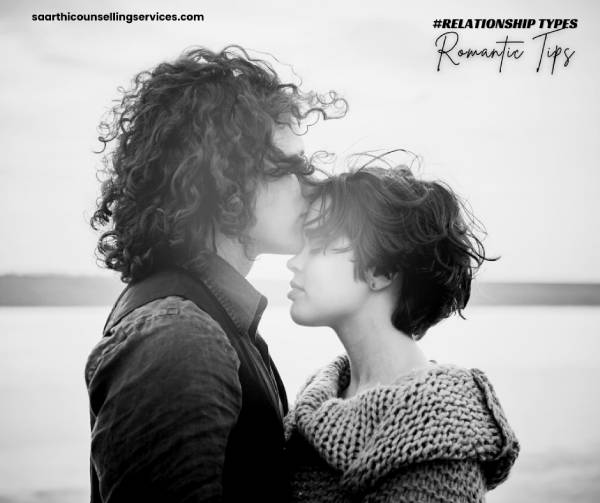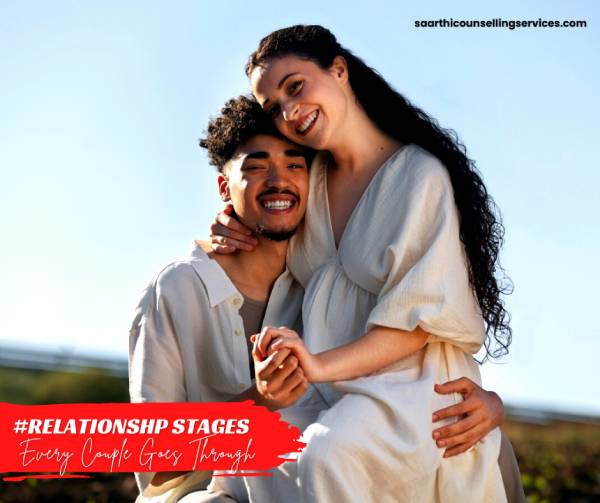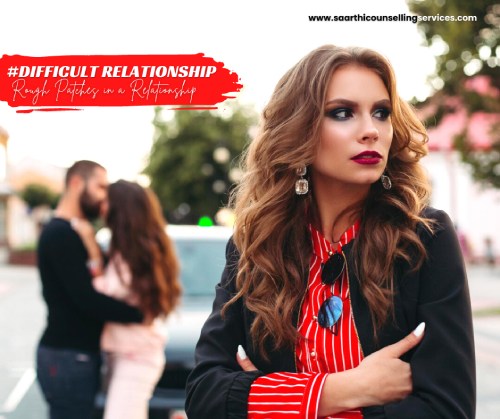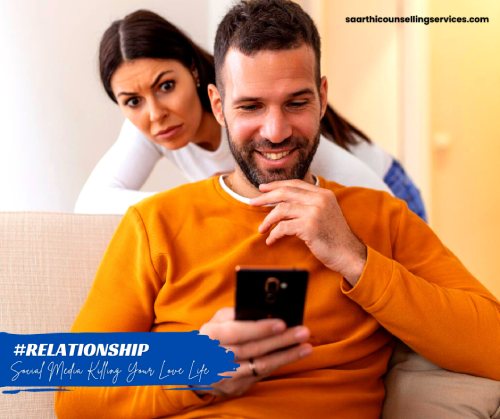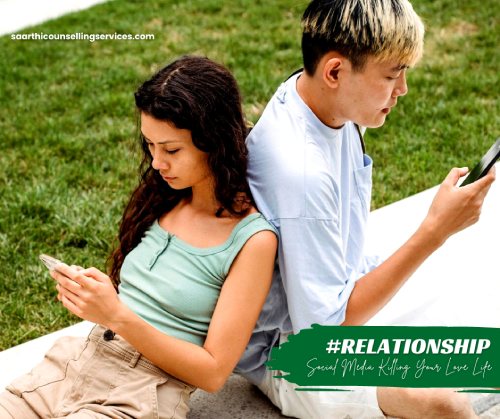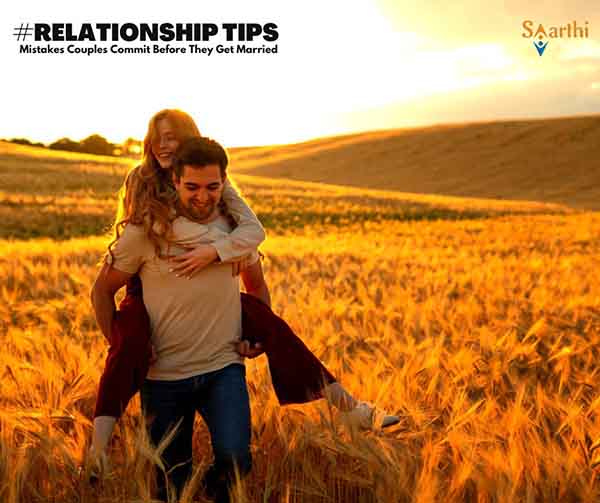Have you ever felt overwhelmed by the plethora of “quick fix” relationship advice offered by various books, magazines, blogs, and daytime TV talk shows? Though there is no doubt it is presented with good intent, much of this advice is terribly contradictory. Such as a quick-fix weight loss program, it abandons any effort to support hypotheses with research, basing guidance rather on personal opinion and anecdotal evidence.
Probably, the most prominent quick-fix advice is that communication – and more categorically, learning to resolve your conflicts – is the key to romance and an enduring, happy relationship. This notion is a myth, and it is hardly the only misconception out there.
Myths are destructive to your relationship because they can lead couples down the wrong way, or worse, convince them that their relationship is a hopeless scenario, says Shivani Sadhoo.
What are some of the most common myths about relationships?
Through this blog, leading marriage counsellor and couples therapist Shivani Misri Sadhoo talks about the most common myths about relationships.
Communicating and employing active listening skills in trying to reach conflict resolution will save your relationship
While active listening is surely a useful skill, it alone cannot save your relationship. As Dr. Gottman points out, “even happily married couples can have screaming matches – loud arguments don’t necessarily doom a marriage.” We all have our disagreements, in a range of different ways. So go ahead, break all those active listening rules! Bear in mind your affection and respect for each other, and remember that using a softened startup when bringing up a problem can override natural variations in conflict style.
Neuroses or personality issues ruin a marriage
Everyone has issues they are not totally rational about, but they do not necessarily interfere with our relationships. The secret to a happy relationship is not having a “normal” personality but finding someone with whom you mesh.
For instance, a person has a problem dealing with authority – he hates having a boss. If he were in a relationship having an authoritarian partner who tended to give commands and looked to tell him what to do, the outcome would be disastrous.
The point is that neuroses do not have to ruin a relationship. What matters is the way you deal with them. If you can accommodate each other’s strange aspects with care, affection, and respect, your relationship can thrive.
Common interests bind you together
It depends on the way you can interact while pursuing those interests. Imagine that you and your partner are walking hand in hand inside your favorite used book store, smelling that old book smell, coffee in hand, headed for the “Literature” section.
Romance is in the air. But wait! Just around the corner in “Politics,” a couple seems to be having an argument! Books are flying and tempers are flaring. “You stupid! He will never get sufficient electoral votes!”
Clearly, enjoying the same activities could create an incredibly strong bonding between you and your partner, but these activities could also be a source of tension, depending on the way you interact while pursuing your common interests.
You scratch my back and…
It looks to make sense that deals must be made in order to maintain a sense of fairness and balance and that in romance a kiss must meet a kiss and a smile meet a smile. In reality, deal-making and contracts, quid pro quo, mostly are done in unhappy marriages.
Do not keep score. Build bonding and strengthen your relationship by freely providing each other with positive overtures and support.
Dodging conflict will ruin your marriage
Everyone has separate methods of dealing with disagreements. A continuous barrage of honest criticism, for instance, might not be the best policy. An example here is when you head to the living room to watch the game, rather than getting in a tiff with you about the noise and constant TV watching, your wife goes for a run and comes back feeling better.
When you are upset with your wife, you go into the backyard to play catch with your kids. Each of you finds a way to self-soothe, and both of you go on as if nothing happened. Finding a middle path that you both can agree on can let you talk things out when you truly need to while averting clashes over every trivial matter.
Affairs are the primary cause of divorce
In several cases, it is the other way around. According to a project it was found that around 80% of divorced men and women cited growing apart and loss of a sense of closeness to their partner as reasons for divorce, as opposed to just 20-27% blaming their separation on an extramarital affair.
The reality is that most affairs are not started in an attempt to quench an unfulfilled desire for physical intimacy, but rather in an attempt to find friendship, support, attention, caring, concern, and respect beyond a relationship that feels lacking in these qualities.
Men are not biologically, “created” for marriage
Specific, theorists call upon natural evolutionary differences between males and females to argue that men have always been predisposed to have as many offspring as they can and follow successful reproduction with one female with a fast sprint to the next available, while women are inclined to nurture their young and look to keep the father close for protection.
The conclusion they had is that men are just biologically more likely to have affairs. This is, in modern times, not a particularly worthy or accurate observation. It has been found out that affairs have to do with the availability of potential partners. According to one theorist, since women have entered the workplace in huge numbers, the number of extramarital affairs of young women now slightly exceeds that of men.
Men and women hail from different planets
You have all heard that men are from Mars and women are from Venus. This specific notion you may dispose of easily. Here is math for you. Dr. Gottman says that “the deciding factor in whether wives feel satisfied with the physical intimacy, romance, and passion in their marriage is, by around 70%, the quality of the couple’s friendship… and for men, the deciding factor is, by 70%, the quality of the couple’s friendship, so men and women come from the same planet after all.”


